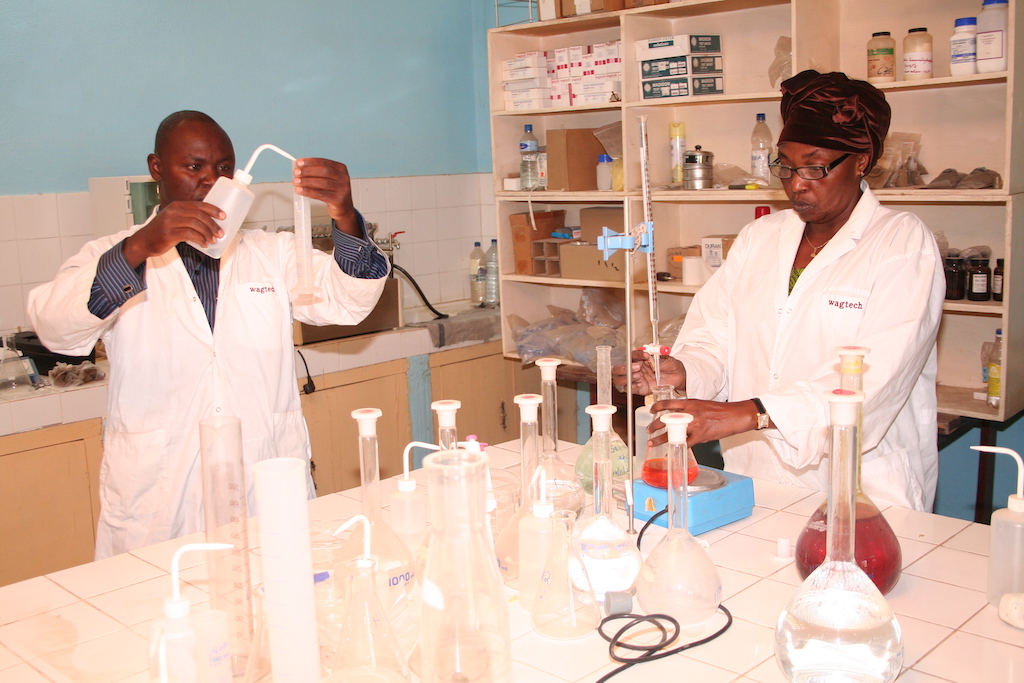CORAF, on Thursday, July 2, 2020, discussed its experience in rolling out a regional approach to research funding with an Africa-wide audience.
At the invitation of the African Union Semi-Arid Food Grain Research and Development (SAFGRAD), CORAF joined many other food system actors from Africa to exchange experiences on innovative mechanisms to finance research in Africa.
As part of the implementation of the Agriculture Policy of the Economic Community of West Africa States, CORAF led the regional implementation of the West Africa Agriculture Productivity Program (WAAPP). In over a decade, this innovative program did not only support close to 9.6 million beneficiaries directly but also touched some 56 million people indirectly.
Besides the impacts on livelihood and its transformative effects on the agriculture industry, the program put in place an innovative approach to regional collaboration and integration through research. Many have praised its regionality dimension and now consider it as a template for deploying future interventions of regional scale.
ÔÇťIf our problems donÔÇÖt stop at the borders, then our solutions shouldnÔÇÖt,ÔÇŁ said Dr. Abdou Tenkouano, the Executive Director of CORAF at the online event.
Nine national centers of specialization were created under the WAAPP and are today serving as poles of convergence on research and development in West Africa.
ÔÇťThese centers of excellence have become meeting points of international experts, including the CGIAR system. This regional approach to financing research makes efficient use of scarce human and financial resources,ÔÇŁ said Dr. Tenkouano.
A Welcomed Approach
The African Union has mandated its member countries to spend one percent of their gross domestic product on research and development. In practice, this is far from reality. The African Union conference was designed to allow actors to mull innovative approaches and suggest recommendations to decision-makers.
Many research and development actors are increasing learning from the WAAPP model and drawing lessons for other initiatives of similar scale and scope. Many of the participants at the African Union event said the relevance of the model lies in its ability to pool resources together and capitalize on knowledge sharing and exchange.
Besides the regional dimension, the WAAPP was mostly driven by countries in the sense that the loans used to fund the program were obtained by the participating countries through the World Bank. Some of the donors also supported the program through grants. However, in its design, the participating countries agreed to generate and share the results of their research with other countries of the region.
The commodities on which the countries were going to work were predefined based a data-driven study conducted by International Food Policy Research Institute on behalf of ECOWAS.
WAAPP is an initiative of the ECOWAS. They are mandated at the African Union regional level to implement the agriculture policy of African Heads of States, the Comprehensive African Agriculture Development Program (CAADP).
Also, Read:
- Regional Cooperation Strengthens Senegal Cassava Sector
- HowÔÇÖs NigerÔÇÖs Livestock iFaring in Mali
- Research Hubs to Assess Progress Towards Excellence
- The Thriving Goat and Guinea Fowl Business In West Africa
- WAAPP Made Substantial Contribution to West Africa Research, report
- Fully equipped, the Regional Center on Dry Cereals Assumes ItS Catalytic Role
 English
English
 Fran├žais
Fran├žais 
